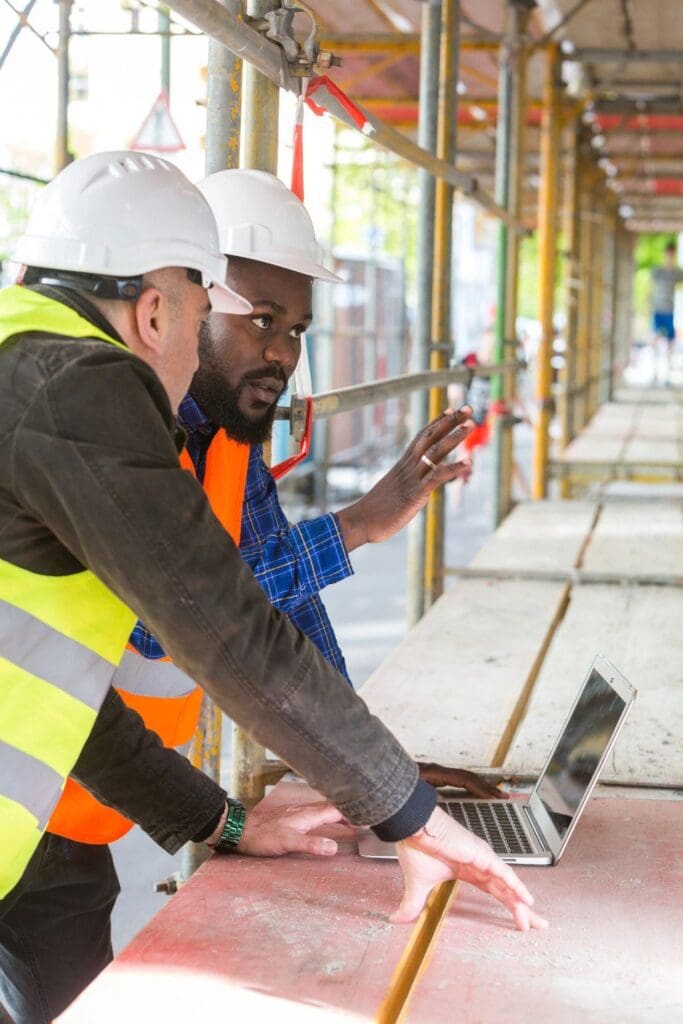Spotlight on Field Engineer life offshore and onsite globally
Do you travel globally as part of your job as a Field Engineer? This article focuses on global travel as a field engineer and how to prepare for your trips and life offshore and onsite globally. Our first two articles focused on preparation. Now we are turning to strategies for life as a field engineer offshore and onsite.
Spotlight on global travel as a Field Engineer
Successful global travel as a Field Engineer
Travel amounts and distances vary hugely for different field service and customer support engineers. Some trips are planned in advance but a lot of engineers have to respond very quickly and travel almost immediately in response to a major issue or problem. Project sites can be well away from major cities and the engineer might arrive at the coldest, hottest or wettest time of year. If the site is also in a new country to you, it can present more of a challenge. So, what can you do to prepare for life offshore and onsite globally?


Spotlight on global travel as a Field Engineer – part 3


Ten strategies when offshore or onsite globally
What should you do to make the trip successful and comfortable once you arrive? Here are ten tips to use to make every trip as a field service engineer successful.
Make friends with staff
Make friends with staff where you are staying and where you eat. You will be well looked after and not feel so lonely eating alone.
Carry photos
If there is a language barrier, carry photos to use as a talking point. These could be of family or could be your home or scenery where you live.
Observe
Don’t just focus on the job you have to do – but observe what is going on around you – you will be amazed how much you learn.
Focus on the moment
Don’t think too much about what friends and family are doing, or what is happening where you live. Focus on the moment of where you are now.
Keep learning language
Keep learning a little of the language. One new word a day will make a difference.
Say ‘no’
Just because you are away from home and on site doesn’t mean you are a 24/7 resource. Learn to say ‘no’ sometimes. Don’t stay at work just because it is boring back in your room.
Stay in touch
Stay in touch with friends and family on a daily basis – keep the contact little and often.
Set up a routine
Set up a routine in your new environment – most people thrive on routine and feel less anxious and more settled when they are in a routine.
Go out
Don’t spend all your time at work or in a hotel room, but go out. This is easier in some places than others, but start the habit from the first day. Even if you have a desk in your hotel room, don’t feel you have to use it but work somewhere else. This won’t work if you have confidential things to work on or video meetings but will for other things. A computer privacy screen may be worth taking with you.
Exercise
Exercise even if the work you are doing is physical. Don’t skip exercise but do something different – perhaps yoga or a walk.


Personal growth from your life offshore and onsite globally
Think about what you are gaining from this trip
This will vary from person to person and from location to location, but may include the following
Learning how to deal with a different culture which will help when you visit another new country. It may also help your communication skills in general.
Becoming more independent and stronger.
Developing a better sense of who you are, what your skills are, and how resilient you are.
If you are in a location which is challenging because of climate, infrastructure or security, you will be developing a much greater sense of what is important in life. Usually, people who have worked in challenging conditions are very tolerant, accepting and have a clear sense of perspective once home – no issues with just four types of lettuce in the shop, or a slightly slow internet speed!
Empathy – You will be developing empathy and understanding for other people when they are newly arrived in a location.
Learning – You may be learning different ways to do some things or ways to improvise when working with minimal support or with limited equipment.
Knowledge – You may now have some knowledge of a new language, and perhaps the desire to keep learning. This could enrich your CV/Resume for the future.
From your own experience of working in the field, what you have you learnt or gained?
Further Information for life offshore and onsite
Holidays and Observances Around the World
Further Reading
Who repairs and services the medical equipment in a hospital?
Life as an unseen but vital Marine Field Engineer
Who repairs all the wind turbines you see everywhere?


Responses